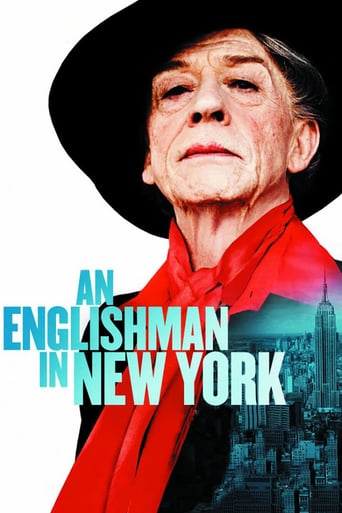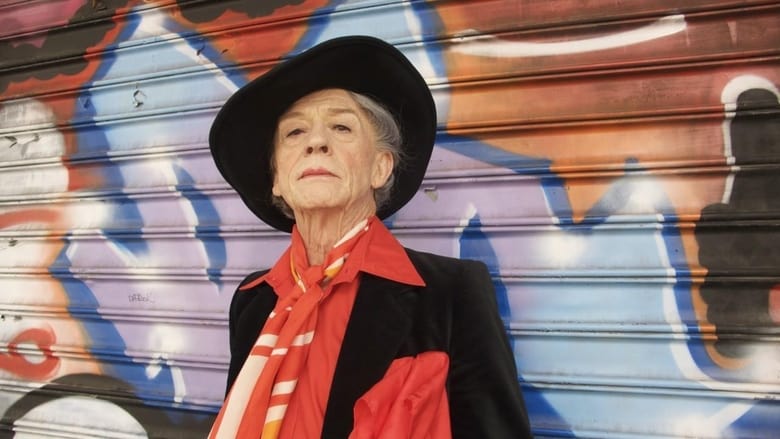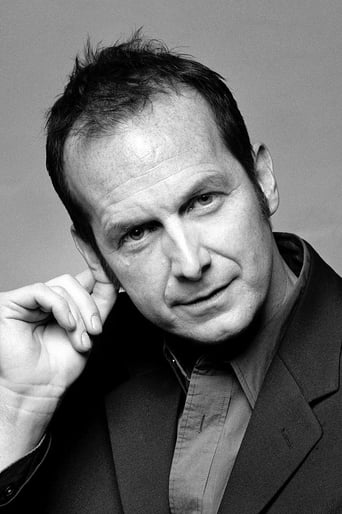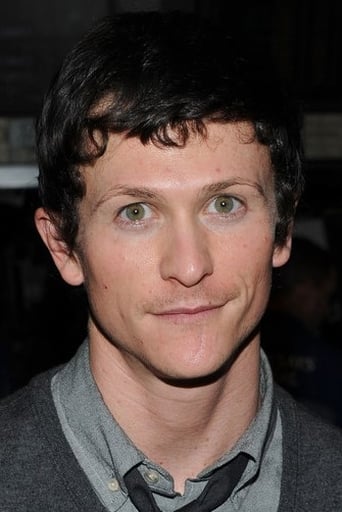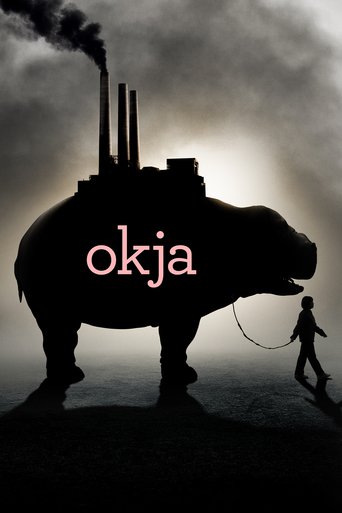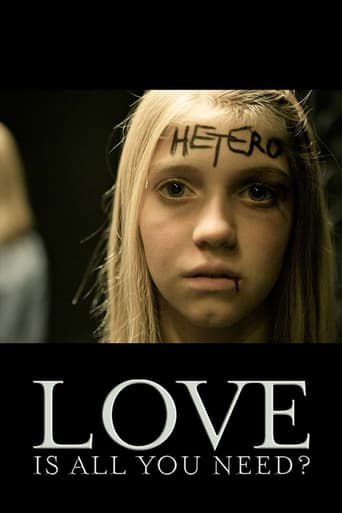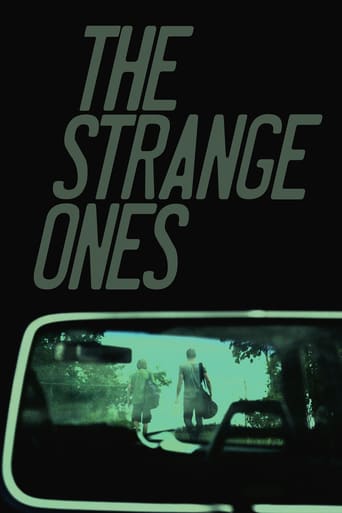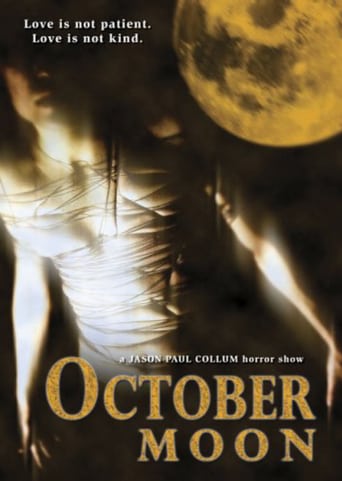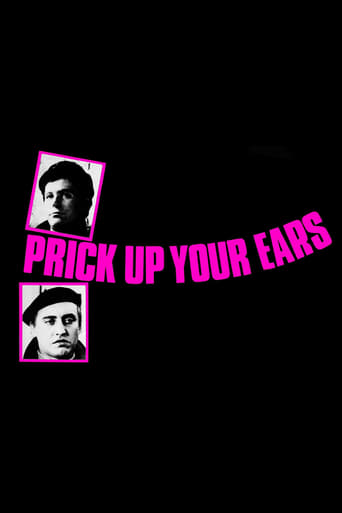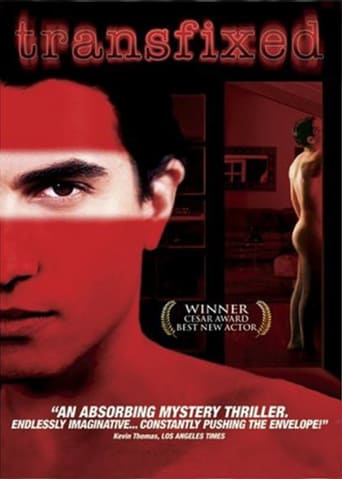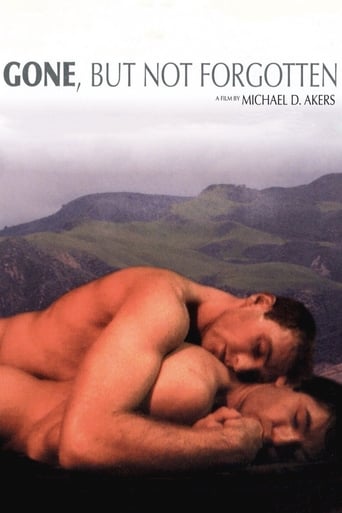An Englishman in New York (2009)
Biographical drama based on the last 20 years of Crisp's life. The literary figure and gay iconoclast emigrated to New York in 1981 and lived there until his death. The film observes Crisp in both his public and private lives, from his seemingly cavalier response to the outbreak of AIDS to his tender relationship with his friend Patrick Angus and his own response to growing old.
Watch Trailer
Cast


Similar titles
Reviews
bitter, profound, fascinating. story of a guru. like modern parable. a character. and a great performance. map of small things. and a great arena. seed of dark joy because the story of Quentin Crisp is out of categories. it seems be a fairy-tale, page of a history of homosexual freedom war, testimony about values and traces of Oscar Wilde style, a manifesto about reality behind illusions, a form of silent protest against ordinaries warm lies. each of this aspects is present in this movie. a film like definition of an air. or, only, circle of a small refuge garden. nothing else. only reflection about real nature of world. an old man in a large city. and its gestures, words, trips. as pieces of a lesson about yourself. or shadows of a continuous search of truth sense.
AN ENGLISHMAN IN NEW YORK is a exceptionally well done film about the last years of the infamous Quentin Crisp (born Denis Charles Pratt, 25 December 1908 - 21 November 1999), an English writer and raconteur - one who is skilled at regurgitating funny anecdotes he heard someone else say first. Writer Brian Fillis has provided a highly polished script for director Richard Laxton, the two thus being able to bring to life this icon of homosexuality in the 1970s who, after publication of his memoir, The Naked Civil Servant, came to America to do 'speaking engagements', better described as cabaret comedy/philosophy routines. He dressed effeminately because that is the way he saw himself, and he adapted to life in New York with a joy that made people notice and respect him finally. John Hurt brings a brilliant luster to his role as the strange but lovely elderly Crisp who sits before audiences and says what comes to his mind. He is befriended by Christopher Street editor Phillip Steel (Dennis O'Hare) who gives him work as a movie critic, noticed by promoter Connie Clausen (Swoosie Kurtz) who schedules him heavily in nightclubs as an act, shy painter Patrick Angus (Jonathan Tucker) whom he champions among galleries, and kooky performance artist Penny Arcade (Cynthia Nixon). At the height of his popularity he makes a comments about AIDS being a 'fad', something that unites gays with a disease that Crisp claims is just what the straight public wants, and his popularity among his audience wanes. He discovers Angus is stricken with the disease and mourns his too soon death, and is sheltered by Steel as he grows into a fragile very elderly 91 year old. Throughout the film Hurt glows as the strange but somehow lovable Crisp, showing us all a side of a man who has been too often dismissed as a weird one. This is a very tender film, complemented by a first class cast, and one that deserves very wide attention. Grady Harp
This is a fascinating film on so many levels, but most notably (from a production point of view) because Hurt is reprising a role he played 35 years previously as a much younger actor. What makes the piece even more perfect is it picks up where the other film (The Naked Civil Servant) left off.Quentin Crisp – the one time naked life model and civil servant has gained celebrity due to his ITV film 'The Naked Civil Servant'. He is given the opportunity to fly to New York for one month to give talks; however once he arrives in the big apple he falls in love with a city which seems to offer him everything he ever dreamed of. Quentin quickly gains residency as 'a legal alien'. However, he faces some hard lessons about the vastly changing face of not only public homosexuality but also the world in general.My opinion of an Englishman in New York is it's a flawless piece of work. It's rare a film can deliver such a sharp, but honest message which is relevant to today's society. In the original 1975 piece, Quentin was abused and attacked by 'hetrosexual' society not only for being gay but being different. In an Englishman in New York everything has flipped. The heterosexual world seems (on the whole) to adore him and be accepting of his eccentric and overtly homosexual persona. However, now his victimisation comes from the gay community who are excluding their own if they do not fit the very strict criteria of what they deem 'attractive'. Once upon a time Quentin was celebrated in the gay community as a brave pioneer of human rights. Now he's seen as a ghastly old queen who represents every gay stereotype a homosexual man is fighting against.Hurt plays Crisps exasperation to this new rejection with perfect understated brilliance. It becomes very apparent that Quentin was fighting the cause for individuality and the colonisation of the gay community was not actually what he wanted. He seemed to long for a world where every individual was accepted on their own merits and not because they fit criteria of a certain group. WHen Quentin discovers the (seemingly) universal ambition of gay man is to be a caricatured clone of the male heterosexual stereotype – you can almost hear his eyes rolling. It's also saddening to watch the world speed by Crisp in fifth gear, as he tries to get his head around the aggressive "fad" that is AIDS. This lesson being a particularly poignant one he has to learn.Even after seeing 'The Naked Civil Servant' (20 years ago) I had always seen Quentin Crisp as representative of tolerance toward homosexuals. After seeing 'An Englishman in New York' I now see him as someone far more important. Crisp represents tolerance toward individuality and our right to be whoever we want to be without fear of exclusion. As the song says "If Manners maketh man as someone said, Then he's the hero of the day, It takes a man to suffer ignorance and smile Be yourself no matter what they say".
This film was definitely superior to the BBC's new "Day of the Triffids" adaptation (which was scheduled directly against it), but is not the dramatic equal of the original "Naked Civil Servant", with which it will inevitably be compared. I suspect the main cause of this is that the source material simply doesn't provide a lot of scope: when a story starts with its protagonist in his seventies and having finally gained acceptance and even celebrity, the time-span is inevitably somewhat short and there isn't a great deal more that can happen to him. Even in situations which could, and would, have been threatening to the younger Quentin Crisp, his elder statesman status effectively restricts the repercussions.As a result, more or less the only 'plot event' of the film is the arrival of AIDS in New York, with even that seen largely through the effects on Crisp's career of a single dismissive quip (his reasoned attitude is that making too much of AIDS will only bolster public perception of homosexuals as disease-ridden outcasts, but this doesn't go down well among his target audience). Otherwise, "An Englishman in New York" consists largely of bons mots; little snippets of Crisp performing and delivering his famous lines, whether to an audience of one or to a small studio gathering.That said, given the limitations of its material the film manages to pull off the difficult trick of its predecessor, presenting its deliberately flamboyant, over-the-top protagonist as a sympathetic human being whose pose we not only condone but find ourselves applauding. I generally shy away from 'gay issues', but find myself feeling here for the people he meets and the prejudice he encounters, both from them and on their behalf. In some ways, it is as hard to be a determinedly effeminate homosexual among the butch 'clones' of an out-of-the-closet New York as among the disapproving middle classes of pre-war England.John Hurt does an excellent task in portraying the physical aging of the character, and of course it is a great bonus to have the same actor appearing in both films with a genuine generational time-lapse between them. It is just a truism that -- despite Quentin Crisp's much-repeated prediction that every year "things are going to get worse" -- happiness, as the proverb has it, simply doesn't make for such an enthralling story as do troubled times; and this is essentially a depiction of a man who has finally come to terms with the world, and it with him. As such it is well-meaning and pretty well executed, but not a particularly unmissable experience. And inevitably it is less touching and less striking than its predecessor.

